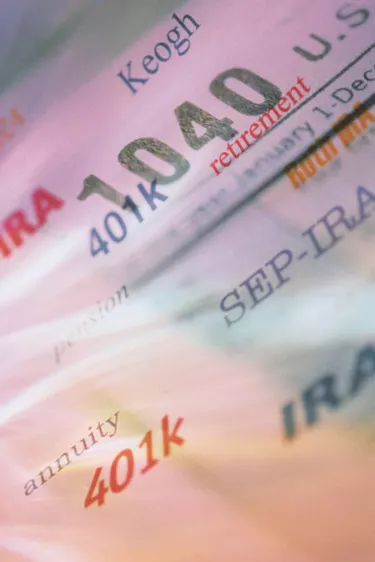
An employee stock ownership program, or ESOP, is an employer-sponsored, qualified retirement plan offered by employers to their employees. While the Internal Revenue Service mandates annual employer contributions to the investment accounts of each employee participating in the plan, employers retain the right to choose whether to allow employees to take loans from their ESOP accounts before reaching retirement age. If an employer chooses to permit employee loans in its ESOP plan document, it must adhere to IRS guidelines regarding availability, loan amounts and payback schedules.
Loans
Video of the Day
If an employer designs its ESOP to allow loans, the plan must permit all participants in the ESOP to take a loan regardless of their status within the company. The IRS allows a person to take a loan from his ESOP account for any reason, although an employer retains the right to permit a loan only for specific purposes, such as to pay for college expenses or the purchase of a home, as long as the restrictions apply to all of the ESOP's participants.
Video of the Day
While an employer may establish a maximum loan amount, the amount must remain within guidelines established by the IRS. In 2011, the IRS allows an ESOP participant to take a loan equaling the lessor of $50,000, or the greater of $10,000 or 50 percent of his account's vested balance.
Multiple Loans
The IRS allows an employee to take out more than one loan from his ESOP account within the plan's limits. The total of an employee's ESOP loans cannot exceed the maximum permitted amount for a single loan, however. For instance, if an employer allows an employee to take a single loan from his ESOP account up to $10,000, the sum of the employee's multiple loans cannot exceed $10,000.
Loan Repayment
The IRS requires an employee to repay a loan from his ESOP account within five years of the loan's origination. An employee must make equal loan payments, including principal and interest, at least every quarter during which a balance remains. The IRS allows an employer to extend the payback period for an employee who took a loan from his ESOP account for the purpose of purchasing a primary residence.
Deemed Distribution
The IRS does not consider a loan from an ESOP taxable income to an employee as long as the loan satisfies the plan's guidelines in terms of amount and repayment. If an employee fails to repay his ESOP loan within five years, the IRS views the outstanding balance of the loan at the time the plan recognizes the default as a deemed distribution, meaning the IRS considers the loan balance taxable income and, depending on the employee's age, subject to an early-withdrawal penalty.